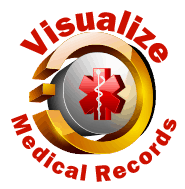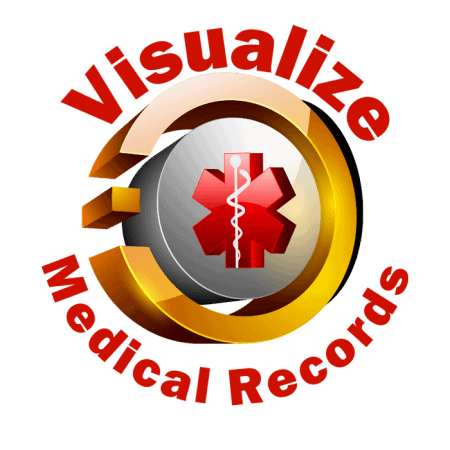Blogs

Outsourcing to India | 2023 Definitive Guide
2023 Update IMF's Growth Forecast for India and the Role of Investment The International Monetary Fund (IMF) predicts India's growth at 5.9% for FY 2023-24 and an average rate of 6.1% over the next five years. To achieve sustained domestic demand-led growth,...
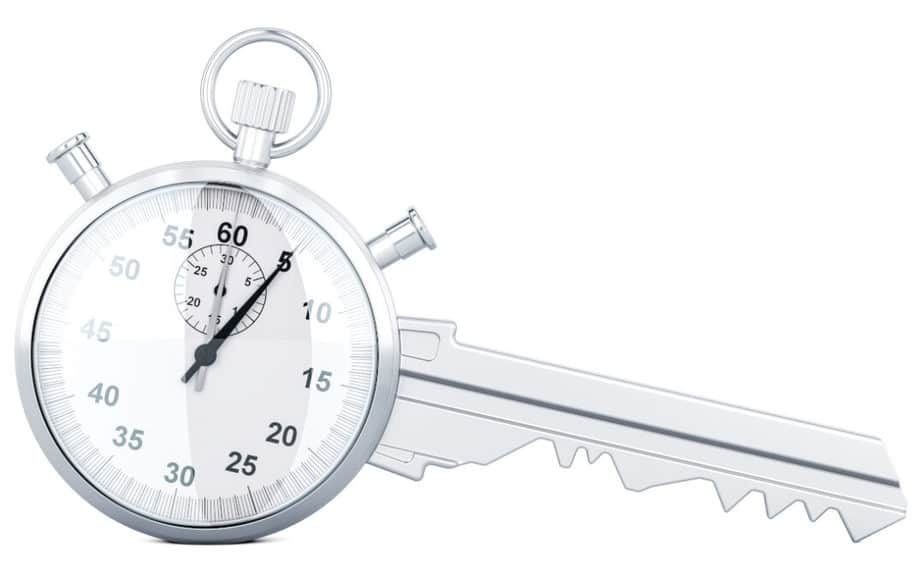
Six Tips for Quick and Easy Access to Client Medical Records
Sources And Availability Of Medical Records Medical records are medical information about a patient's medical history. They can be retrieved from medical providers, such as hospitals and clinics. This is an important part of the discovery process in any medical...

Understanding the Nursing Home Data Sets to reference medical data
Legal professionals face difficulties identifying crucial information from a large volume of pages in medical records. Telegenisys organizes cases for attorneys for claims and personal injury caused due to negligence in care at nursing homes cutting down large amounts...

10 Unique ways we make better medical summaries
Our scientific approach to medical record data summarization, supports every assertion we include in our medical summaries with multiple levels of references. Our summaries are provided to our customers in one unified PDF file which includes: The overview page or Page...

Wishing you a happy new year 2021
Wishing you a very Happy New Year 2021 from team Telegenisys!

Understanding medical terminology in medical records
Using HHS's standard medical terminology ensures that medical and healthcare staff have common understanding, and nothing is lost in misinterpretation. Working in a fast-paced, high-risk field, such as healthcare makes it important to ensure clarity with conciseness....

How to build a medical chronology
How can a Medical Chronology save you time and money? A well-indexed and organized medical record reduces 100% of the time spent in sorting the medical records and reduces review time by at least 40%. It indexes timelines and relevant details of the medical events to...
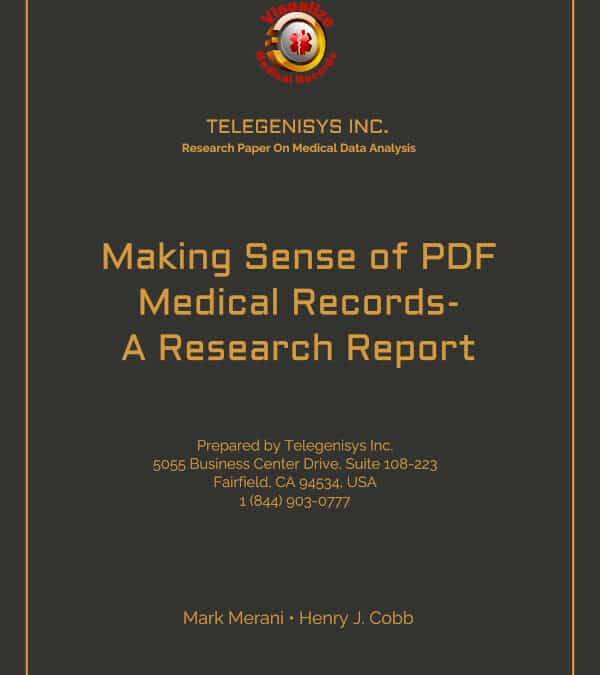
Making sense of PDF medical records – A research report
Over 5 million medical reviews each business day are done based on medical PDF/acrobat records. Telegenisys was no different but three years ago we decided to convert medical files into medical data we could use, refer to, and export from PDF files. We created...
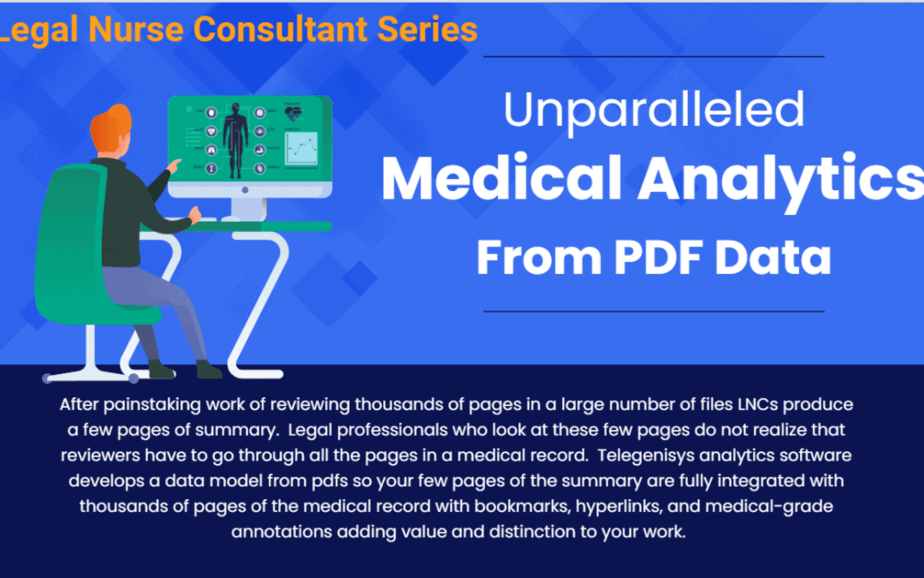
Legal Nurse Consultant Medical Records Toolset
Legal Nurse Consultant Medical Records Toolset: A Legal Nurse Consultant (LNC) reviews thousands of pages in each medical record and from this extracts a few pages of summary for their clients. If the LNC fails to account for any salient point in these thousands of...

Examining Medical Records for Sufficiency for Medical Research
Telegenisys research support group retrieves and organizes medical records for natural history studies and clinical trials. Our teams often extract and summarize relevant retrospective data found in medical records. Medical record sufficiency is perhaps more pertinent...
